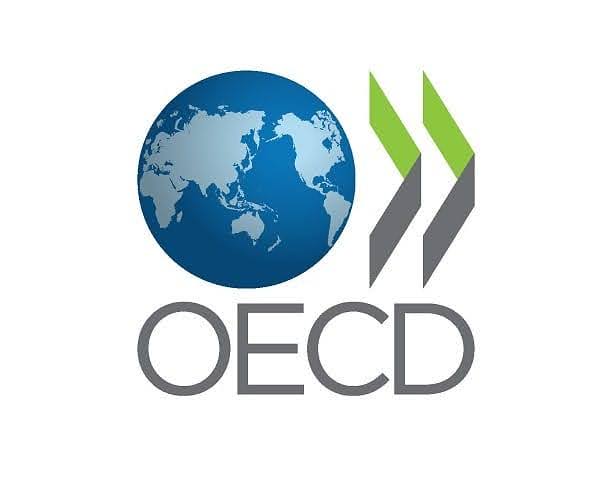“Protectionism” will inevitably put pressure on inflation and raise costs globally, according to a stark warning from the Organization for Economic Co-operation and Development (OECD). The OECD has also significantly lowered its global economic growth projections, now anticipating a decline from 3.3% in 2024 to 2.9% in both 2025 and 2026, illustrating the pervasive economic burden.
The OECD’s latest outlook report highlights that “weakened economic prospects will be felt around the world, with almost no exception,” leading to “lower growth and less trade [that] will hit incomes and slow job growth.” The report identifies the United States, Canada, Mexico, and China as major contributors to this anticipated global economic contraction, their trade policies directly linked to the rising costs.
The report explicitly states that “protectionism” will put pressure on inflation, meaning costs for goods and services will rise. This directly contradicts the idea that tariffs solely benefit domestic producers, instead suggesting they will burden consumers with increased prices. The report also highlights the elevated risk this poses for developing nations, especially those with high public debt, as they navigate increased borrowing costs in an inflationary environment.
In response to these looming threats, the OECD advises central banks to “remain vigilant” in monitoring inflation, even if immediate interest rate hikes are not anticipated. Furthermore, the report stresses the critical need for increased investment to revitalize economies and strengthen public finances, a crucial step for mitigating the impact of rising consumer prices and global inflationary pressures.

